How to Exfoliate Your Skin the Right Way (Yes, There’s a Right Way)



Lindy Segal


Whether you want to boost your overall glow or you’re looking to target a specific skin concern (like breakouts and dark spots), exfoliating is the one skincare step that always delivers. “I always tell my patients, exfoliating is like exercise for your skin,” says Tamila Deveny, medical esthetician at MDCS Dermatology in New York City.
But when it comes to how and when you should exfoliate, there are a couple of things to consider. Too much exfoliation can do more harm to your complexion than good, and too little exfoliation can leave your skin looking dull. To learn the ways of proper exfoliating, we tapped in with three top dermatologists and skin experts—read on to see why it’s an essential step to your skincare routine.
It's about glam time you treated yourself.
Join IPSY

MEET THE EXPERT
Loretta Ciraldo, MD is a board-certified dermatologist based in Miami. She has over 40 years' experience and is the founder of Dr. Loretta skincare.
Tamila Deveny is a medical esthetician at MDCS Dermatology in New York City. She has extensive experience with skin treatment and rejuvenation procedures.
Jessie Cheung, MD, dermatologist at Cheung Aesthetics and Wellness in Chicago, specializes in surgical and cosmetic procedures for skin and wellness needs.
But First: What Is Exfoliation, and Why Is It Important?
“Exfoliation is the process of removing the oldest dead skin cells on the skin’s outermost surface,” says Deveny. Our skin naturally sheds dead cells approximately every 28 days, but this process of cellular turnover slows over time, both due to aging and exposure to environmental stressors, like UV damage.
Here are some of the things exfoliation can help address:
Skin Dullness: “Dull skin and loss of luminosity results from slowdown of healthy skin shedding as we age, so exfoliation restores a more youthful appearance to facial skin,” explains Dr. Ciraldo.
Hyperpigmentation: “Excess pigment is stored in dead cell layers, so facial exfoliation can help hyperpigmentation, from melasma to post-inflammatory hyperpigmentation,” says Dr. Ciraldo.
Clogged Pores and Breakouts: “Congested pores and acne result from a buildup of dead cells in pores, so exfoliation helps alleviate comedones and breakouts,” Dr. Ciraldo tells us.
Dry, Rough Skin: Exfoliation can provide softer, more glowing skin from head to toe. “For our body, it's important to exfoliate to keep skin texture smooth and promote a more luminous appearance to body and extremity skin,” says Dr. Ciraldo.
What is Chemical Exfoliation?
“AHAs like glycolic acid are chemical exfoliants, and your favorite scrub is physical exfoliation,” explains Ciraldo. And although the word “chemical” may sound intimidating, using chemical exfoliants is often considered gentler than facial scrubs because there is no actual scrubbing going on, making them ideal for sensitive skin or acne-prone skin. “Chemical exfoliation relies on acid to dissolve the attachments between skin cells, causing a controlled trauma to the skin to encourage cell turnover and reveal evenly pigmented skin,” says Deveny. If you’re new to chemical exfoliation, we recommend starting off with something mild like the PHILOSOPHY Microdelivery Exfoliating Daily Facial Wash, which uses fine grain desert earth and gentle amino acids to deliver soft, smooth skin and is gentle enough for everyday use.

Another upside of chemical exfoliation? The ingredients usually do more than just exfoliate, so you can target more than one skincare concern at a time. Alpha hydroxy acids and beta hydroxy acids, like glycolic acid and salicylic acid, are often found in chemical exfoliators and work to stimulate collagen and target oil glands—both benefits do wonders for aging and acne-prone skin.
What is Physical Exfoliation?
On the other hand, physical exfoliators use, well, physical ingredients to slough off dead skin cells. “A manual exfoliator is any product that requires rubbing or scrubbing action, hence the term manual exfoliation,” says Deveny. Different forms of manual exfoliation include using a face scrub that contains microbeads or using exfoliating gloves, washcloths, or a facial brush. We love the PMD Clean Smart Facial Cleansing Device for its super-hygienic silicone bristles that give skin a deep clean and help improve skin’s texture.
Although physical exfoliation can be just as effective as chemical exfoliation, it’s important not to overdo it (as with any skincare step) as you scrub to avoid giving the skin microtears, or drying out your complexion.
What Do I Exfoliate?
First, wash your face. It’s best to exfoliate at the end of the day, after you’ve already washed with a cleanser. “The best time for exfoliation is bedtime, to prepare your skin to accept active ingredients, such as retinol or peptides,” says Dr. Cheung.
Apply your exfoliator. Whether you’re using a manual or chemical exfoliator, it’s best to work in circular motions to gently massage the cleanser in your skin. Always wash the skin with warm water after exfoliating to remove any dead skin, then gently pat dry (never rub!) with a clean towel.
Finish with moisturizer. “Pamper your skin with good active ingredients, and finish with a calming moisturizer,” says Dr. Cheung.
Don’t forget sunscreen. While using SPF should already be a part of your daily morning routine regardless of whether or not you exfoliated the night before, it’s even more important to slather on sunscreen to protect your skin after exfoliating. “Post-exfoliation skin is more susceptible to damage from UV rays, (which includes premature aging), and can more easily develop sunspots,” says Deveny. Exfoliating will leave you with soft, smooth skin, but if you notice your skin is dry, red, or flaking, it might be time to scale back on your routine. “If you notice an increase of oil production or excessive dryness, you're over-exfoliating,” says Dr. Cheung.
How Often Should I Exfoliate?
How often you should exfoliate depends on your skin type. Here’s what the derms recommend:
Sensitive skin: Those with sensitive skin “should be very cautious with exfoliation,” Dr. Ciraldo advises. “A good rule of thumb is to start to exfoliate once a week for the first week, then twice a week for the next two weeks, etc.” And be extra wary of physical scrubs; start with a chemical exfoliant and check your skin for irritation.
Normal or combination skin: Read the individual product’s instructions, but you can generally exfoliate up to three times a week with either a physical exfoliator (like an exfoliating scrub), a chemical exfoliator, or a hybrid product that contains both.
Oily skin: If you have oily or acne-prone skin you can generally exfoliate up to five times a week. “Chemical exfoliation controls acne and will help with lightening acne scars and improve their texture,” says Deveny. Opt for a chemical exfoliator with salicylic acid or a combination of AHAs and BHAs to keep bad breakouts at bay. If you attempt to scrub manually over a pimple with a facial scrub, you’ll only make matters worse, which is why a chemical exfoliator is a gentler way to clear out acne-causing bacteria and unclog pores. “The higher the concentration of the chemical acid and lower the pH, the more advanced the exfoliative effect,” says Deveny.
Dry skin: Try to get your moisture barrier in check first. “If your skin is peeling or dry and flaky you should be sure to moisturize to bring it up to a healthy hydration level before you exfoliate,” says Dr. Ciraldo. “Also, if your skin is red it is important to lessen the redness before you exfoliate.” Try opting for a chemical exfoliator that employs polyhydroxy acids (PHAs) or gentle AHAs so that you don’t contribute to overdrying, redness, or irritation that could occur if you attempt to scrub at the skin’s surface. “Harsh physical scrubs should always be avoided,” says Dr. Cheung.
If you have rosacea or eczema: Consult your dermatologist. “People with rosacea and eczema should consult with a skincare expert or dermatologist for advice on exfoliating products,” says Dr. Ciraldo. “This is because these skin issues compromise our skin's healthy barrier so you have to proceed with caution when choosing any exfoliator.”
Want access to best-selling exfoliators and even more beauty? Take our Beauty Quiz now to get started. Already an Ipster? Refer your friends to earn points, which you can use toward products. Either way, don’t forget to check us out on Instagram and Twitter @IPSY.
Like this article? Share it with your friends by clicking the icons below!
Liked this post? Share!
Related Stories


Skin
Everything You Need to Know About Lymphatic Drainage Massage—And How to DIY One
Published on Feb 24, 2026 • 4 min read


Skin
I Tried Glow Recipe’s New Toner Pad Collection and My Skin Has Opinions
Published on Feb 24, 2026 • 5 min read


Skin
Save These 7 Tips for Your Best Spring Break Beauty Routine
Published on Feb 24, 2026 • 4 min read
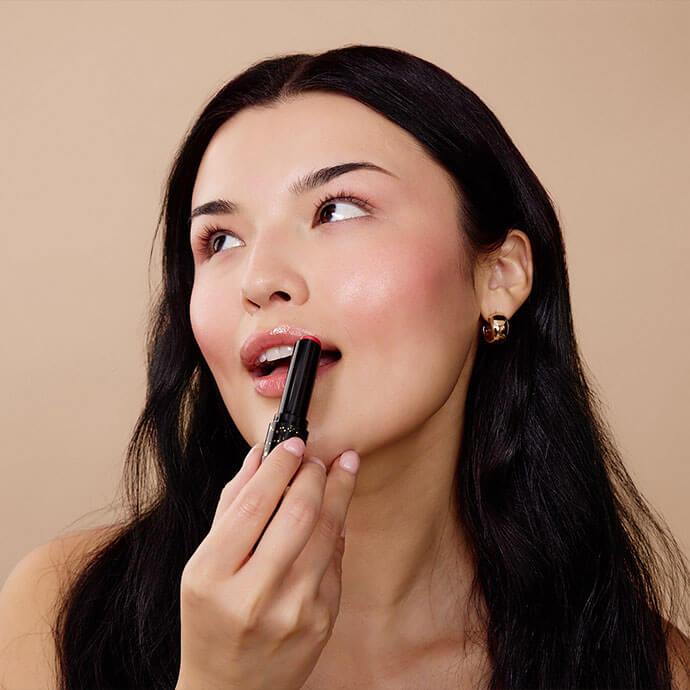
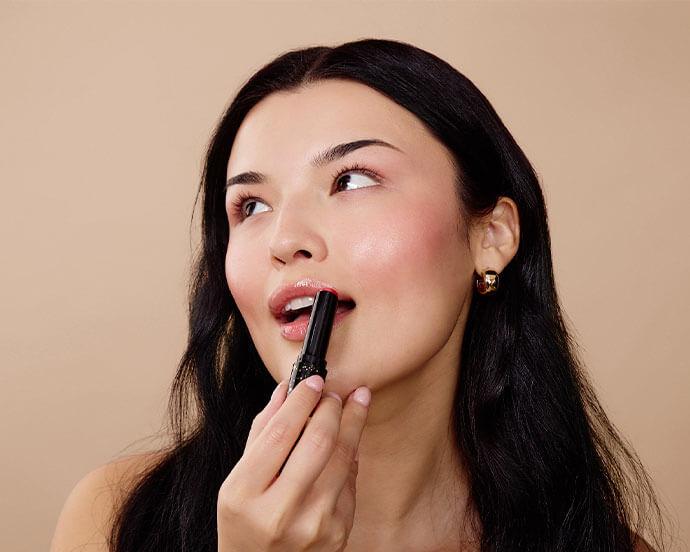
Skin
The Hydration Sandwich Trend Will Save Your Dry Lips
Published on Feb 24, 2026 • 4 min read


Skin
Why a Meditative Facial Changed the Way I Think About Skincare
Published on Feb 24, 2026 • 6 min read
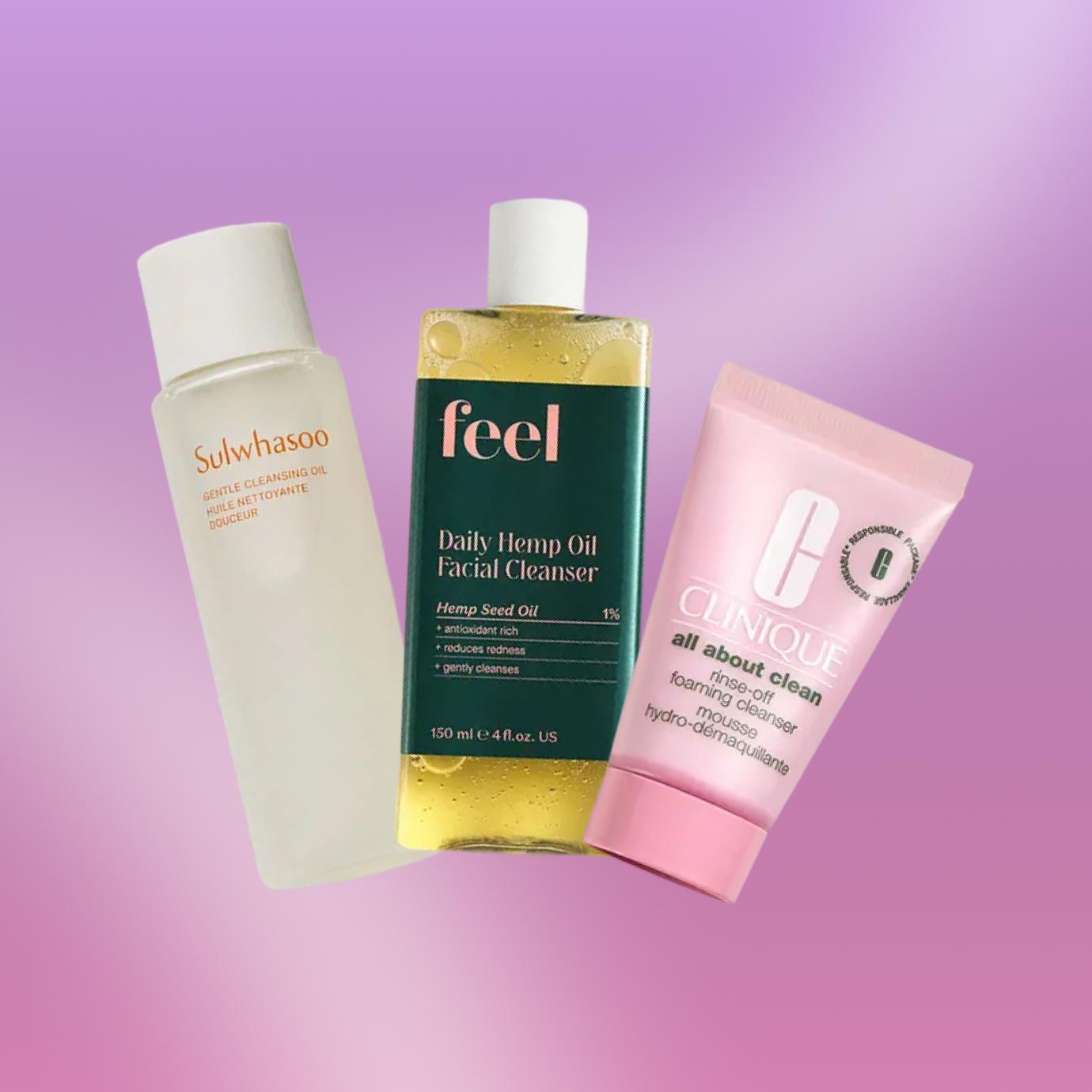
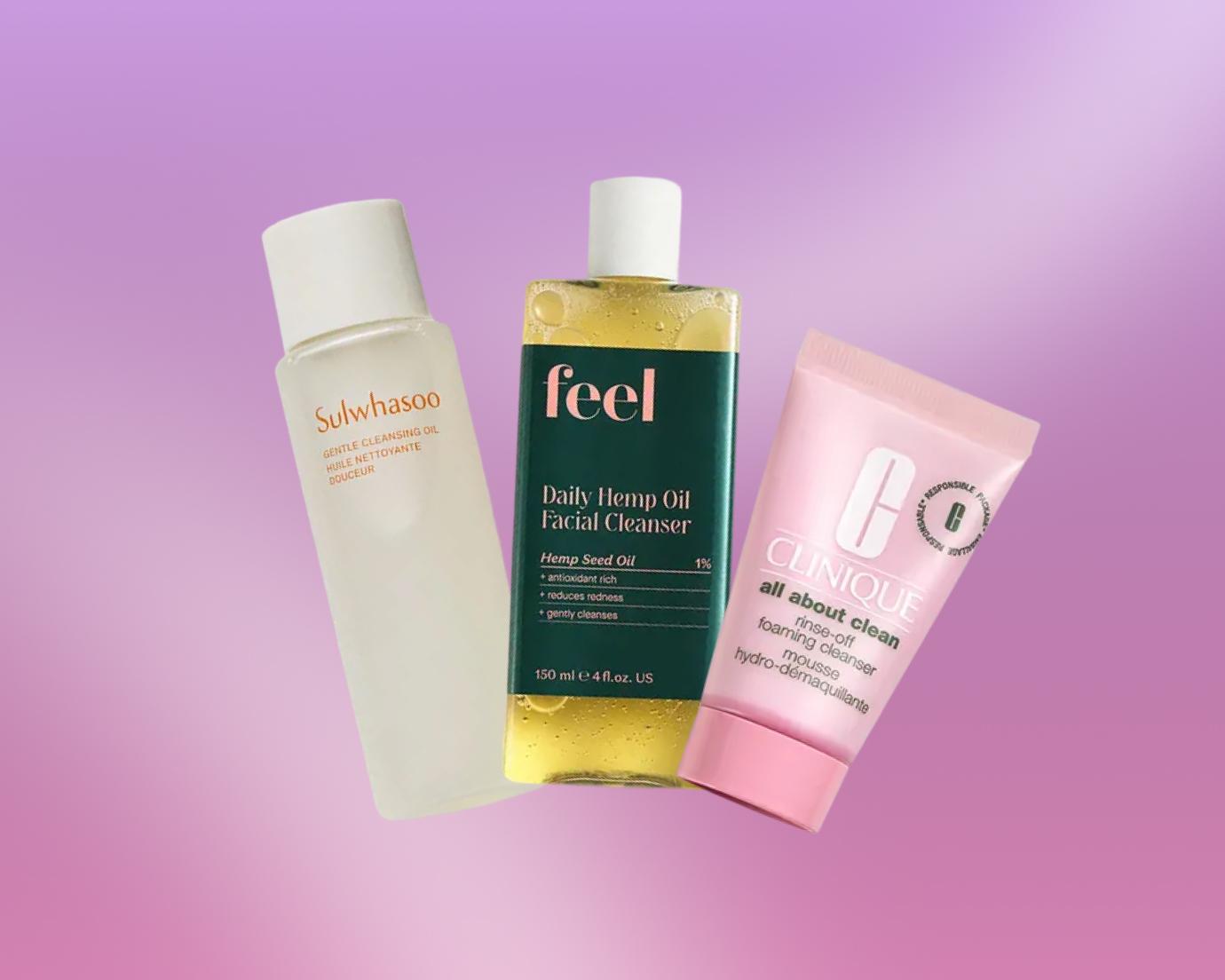
Skin
Is Double Cleansing Worth It? Dermatologists Break Down the Trendy 2-Step Wash
Published on Feb 23, 2026 • 5 min read
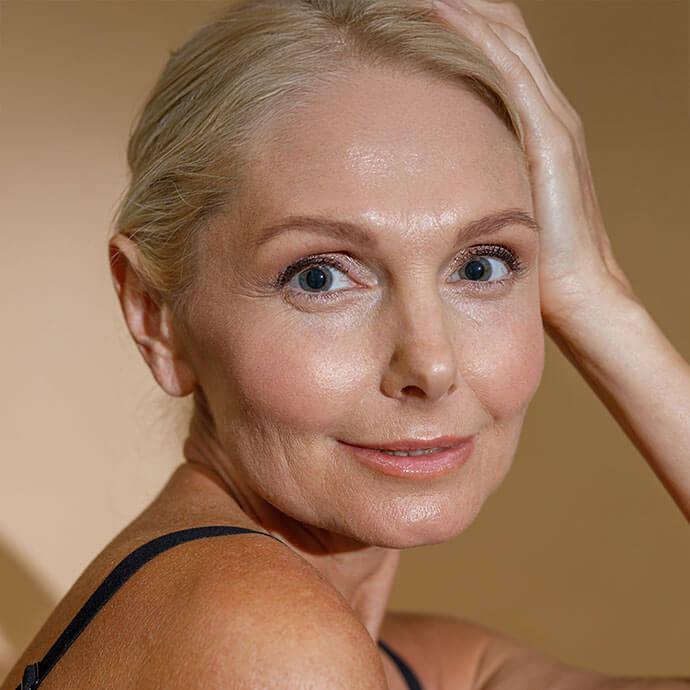

Skin
This Is How People Are Using Retinol Without Peeling
Published on Feb 3, 2026 • 5 min read

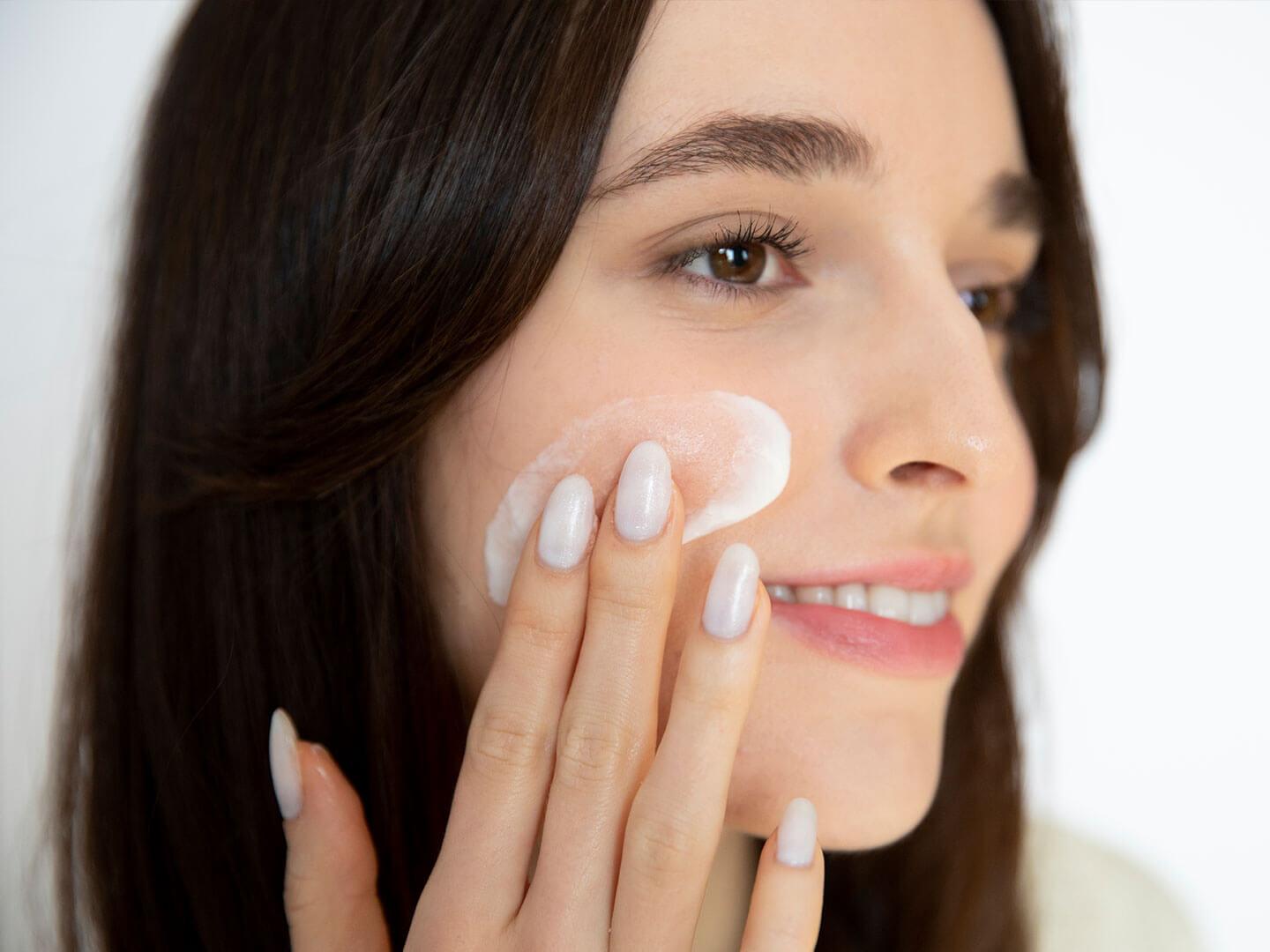
Skin
The 10 Best Barrier Creams for Every Skin Type
Published on Oct 10, 2024


Beauty Picked Just for You
Get 5 products worth up to $70
Plus exclusive access to epic deals up to 80% off
Starting at just $14/month. Cancel anytime.